Search titles
Displaying results 1 to 10 of 358.

A Quiet Revolution in Indigenous Service Delivery »
New Public Management and its Effects on First Nations Organisations
Edited by: Deirdre Howard-Wagner
Publication date: May 2025
The government Indigenous service market that is now well entrenched in the public administration system has operated to marginalise First Nations people and First Nations organisations, who have had very little say, if any, over the last 20 years, about how government services are designed to meet their needs.
The chapters in this volume comprehensively describe and illustrate how the government Indigenous market, and the Indigenous service delivery system…

Made in China Journal: Volume 9, Issue 2, 2024 »
Edited by: Ivan Franceschini, Nicholas Loubere
Publication date: May 2025
Chinese journalism is dead—long live Chinese journalism! The dramatic transformations in China’s media landscape over the past decade have led many to declare the death of quality journalism in the country. The Party-State’s tightening grip on information, the dismantling of once vibrant investigative outlets, and the growing precarity of media professionals seem to confirm this narrative. And yet, as traditional spaces for critical reporting shrink, new modes of…
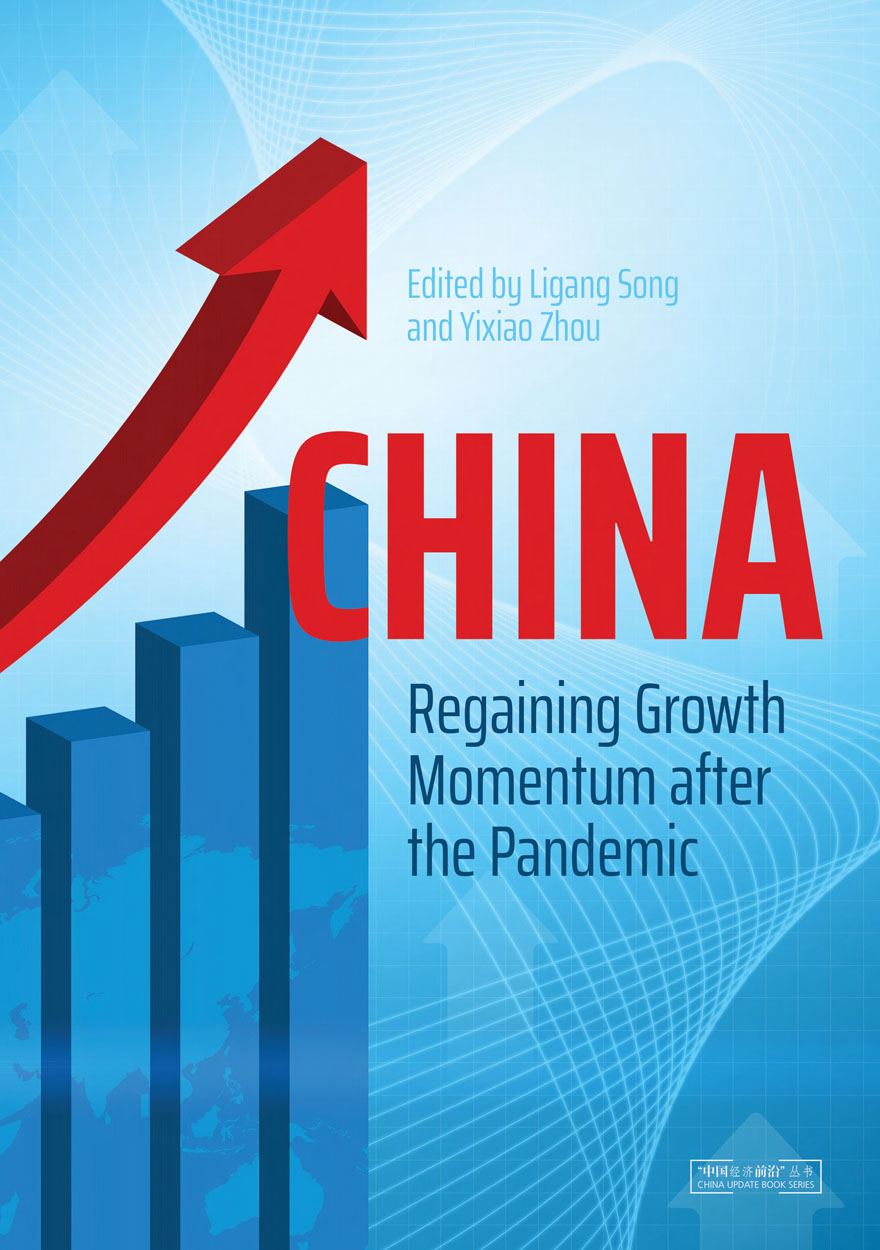
China: Regaining Growth Momentum after the Pandemic »
Edited by: Ligang Song, Yixiao Zhou
Publication date: December 2024
The slower growth of the Chinese economy in the aftermath of the pandemic has prompted the Chinese Government to adopt measures to boost domestic consumption and deepen structural reform, with the effectiveness of such policies beginning to be felt. However, China still faces challenges that will affect its growth dynamics down the track. These include the slowdown of its real estate sector, the complex internal and external environments for macroeconomic…

Made in China Journal: Volume 9, Issue 1, 2024 »
Publication date: August 2024
A new Chinese government textbook for university students, An Introduction to the Community of the Zhonghua Race (中华民族共同体概论), promotes President Xi Jinping's vision for governing the country’s diverse population. This approach shifts away from celebrating cultural differences—what the anthropologist Susan McCarthy once termed ‘communist multiculturalism’—and towards a Han-dominant identity, a form of racial nationalism inspired by sociologist Fei…
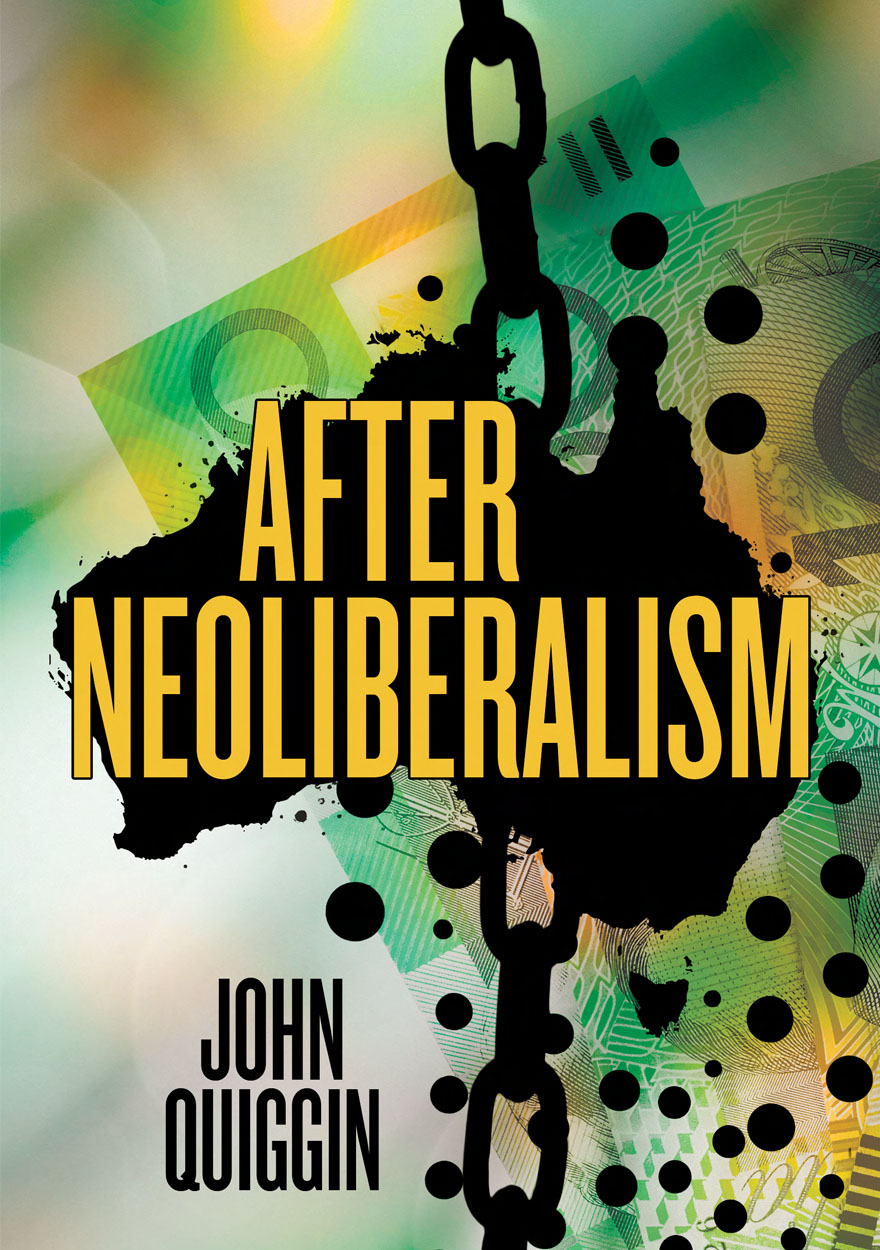
After Neoliberalism »
Authored by: John Quiggin
Publication date: July 2024
Since the early 1980s, Australian economic policy has been dominated by the ideology of neoliberalism (also known as ‘economic rationalism’), including policies of privatisation, financial deregulation and micro-economic reform. Throughout this period, John Quiggin has presented critical assessments of neoliberal policies and the claims about productivity growth made in support of those policies.
The credibility of neoliberalism was fatally wounded by the…

A Team of Five Million? »
The 2020 ‘Covid-19’ New Zealand General Election
Publication date: June 2024
New Zealand was one of a handful of countries that held a national election in the midst of the Covid-19 pandemic. Its policy response stood out as remarkably successful. Indeed, several years on from the onset of the crisis, in 2023 New Zealand still retained a record of no excess deaths. While New Zealanders were voting on October 17, 2020, their country had only recorded 25 confirmed deaths out of a population of five million. Then, support for the…
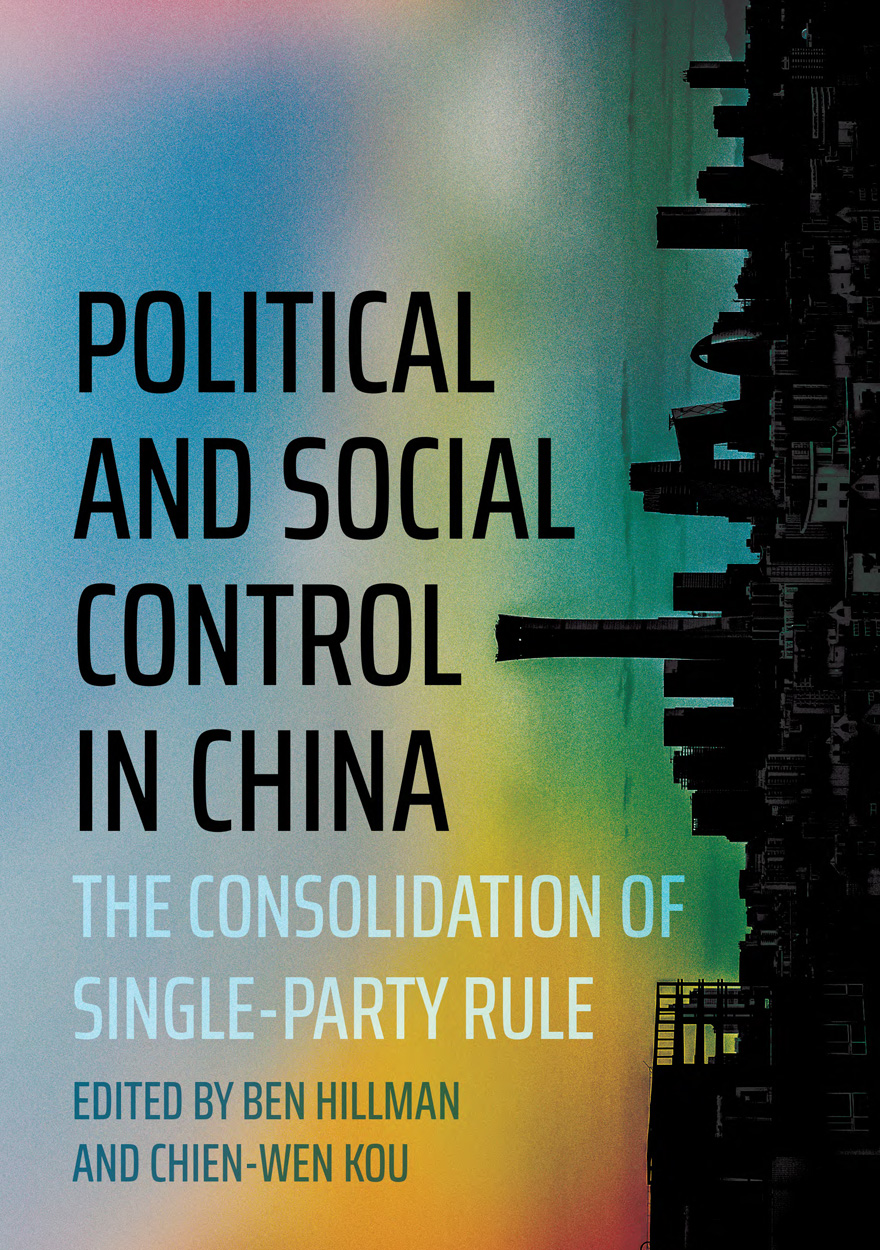
Political and Social Control in China »
The Consolidation of Single-Party Rule
Edited by: Ben Hillman, Chien-wen Kou
Publication date: March 2024
During the past decade Xi Jinping has reasserted the Chinese Communist Party’s dominance of state and society, tightening political and social controls to consolidate the Party’s monopoly on political power in China. This volume brings leading China experts together to examine the changing mechanics of authoritarian rule in China, and the Party’s systematic efforts to neutralise potential threats. The book examines critical but little understood changes to the…
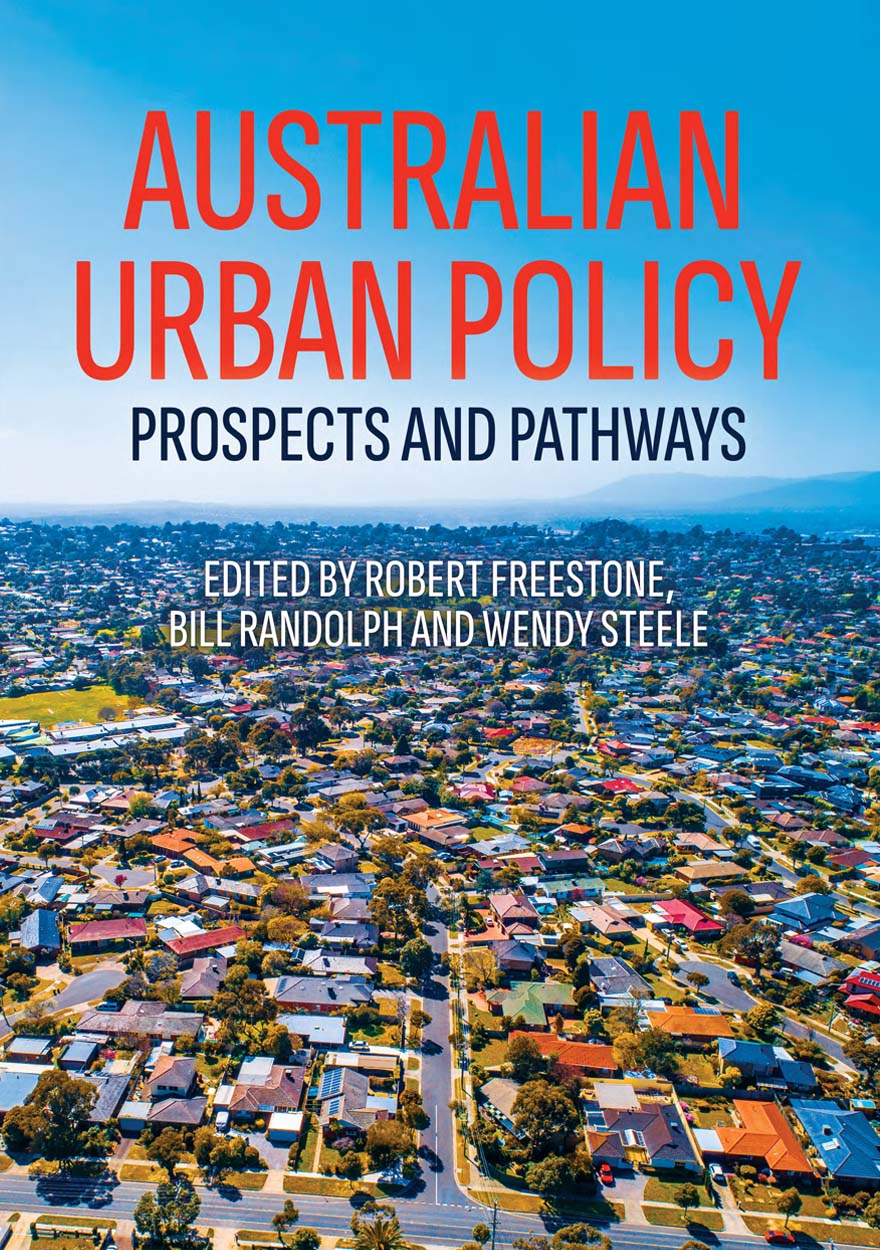
Australian Urban Policy »
Prospects and Pathways
Publication date: March 2024
Urban Australia confronts numerous challenges in the 21st century: climate change, housing, transport, greenspace, social inequality, and governance, among them. While state and local governments wrestle with these issues, they are continent wide and require national leadership, direction and participation. As a highly urbanised country without a national approach to urban policy, Australia is an outlier.
Contributors to this book argue that this…
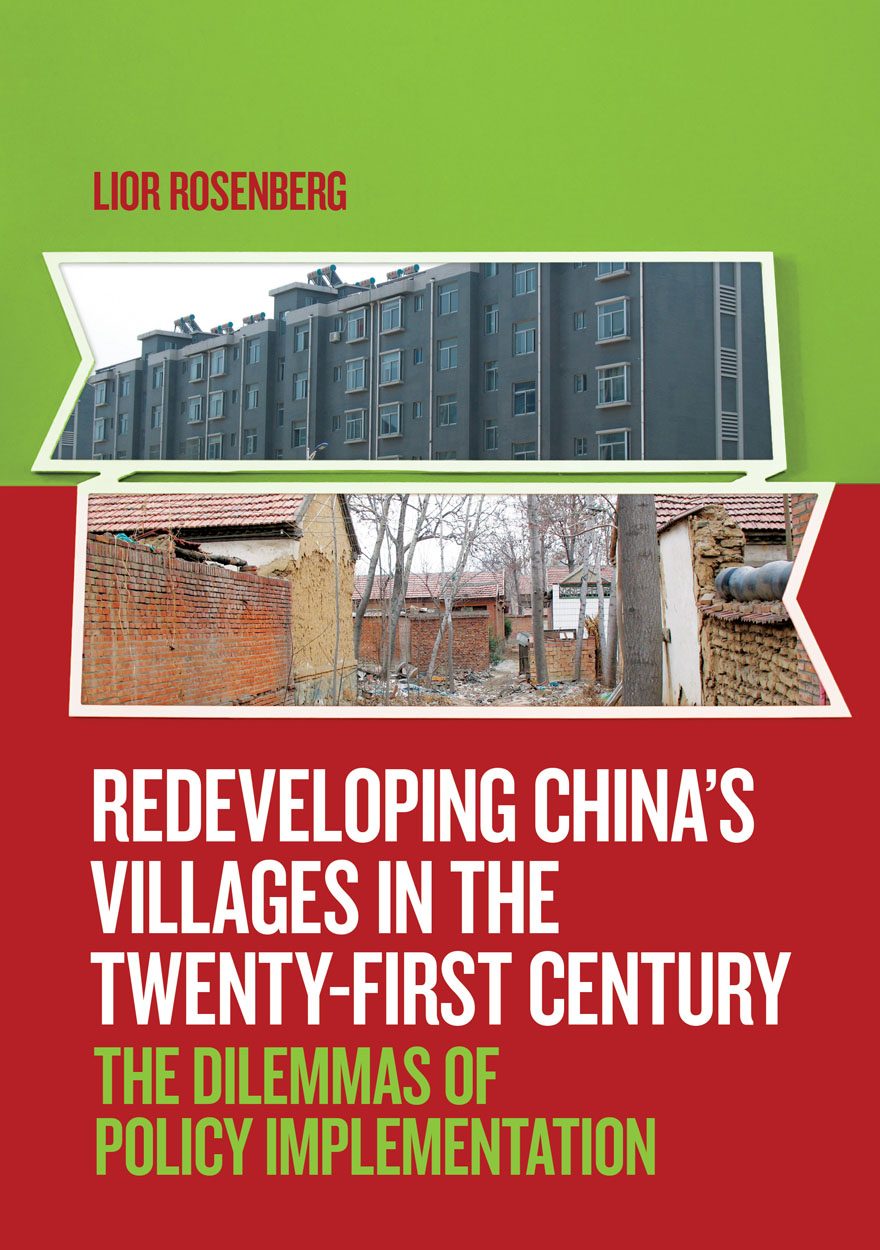
Redeveloping China’s Villages in the Twenty-First Century »
The Dilemmas of Policy Implementation
Authored by: Lior Rosenberg
Publication date: January 2024
Implementing national policies is a crucial function of the local Chinese bureaucracy and an indispensable part of Beijing’s overall state capacity. Yet the specifics of how and why local officials interpret and implement such policies have so far escaped detailed attention. In Redeveloping China’s Villages in the Twenty-First Century, Lior Rosenberg fills this gap by examining the national Village Redevelopment Program, one of China’s most significant policies of…
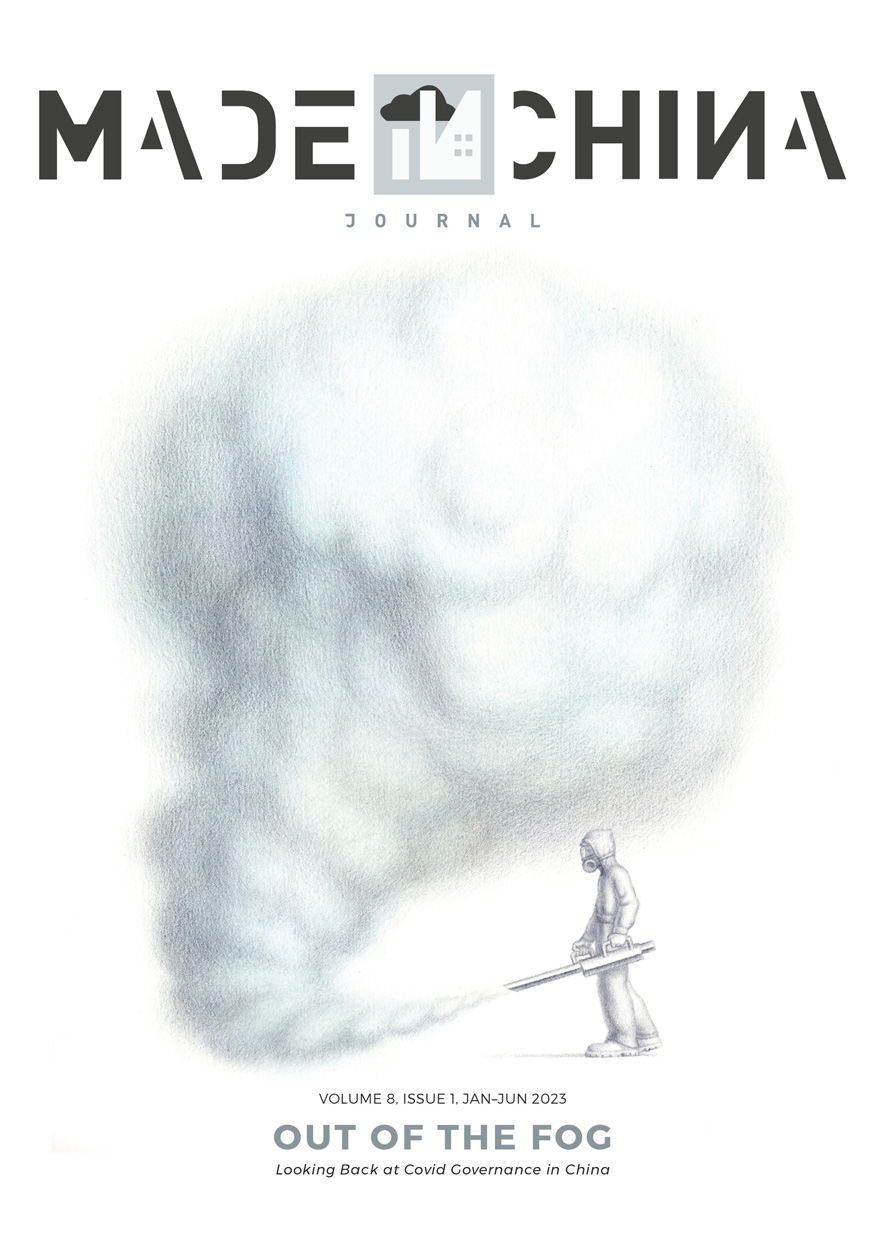
Made in China Journal: Volume 8, Issue 1, 2023 »
Edited by: Ivan Franceschini, Nicholas Loubere
Publication date: November 2023
The year 2023 began with a series of jolts in China, as the government abruptly rolled back its notoriously strict pandemic measures following countrywide protests in late 2022. While external popular perceptions saw China as being uniformly locked down for the first years of the pandemic, the reality was that the country’s pandemic governance was unevenly applied and varied substantially from place to place. The result was mixed—and often even…



